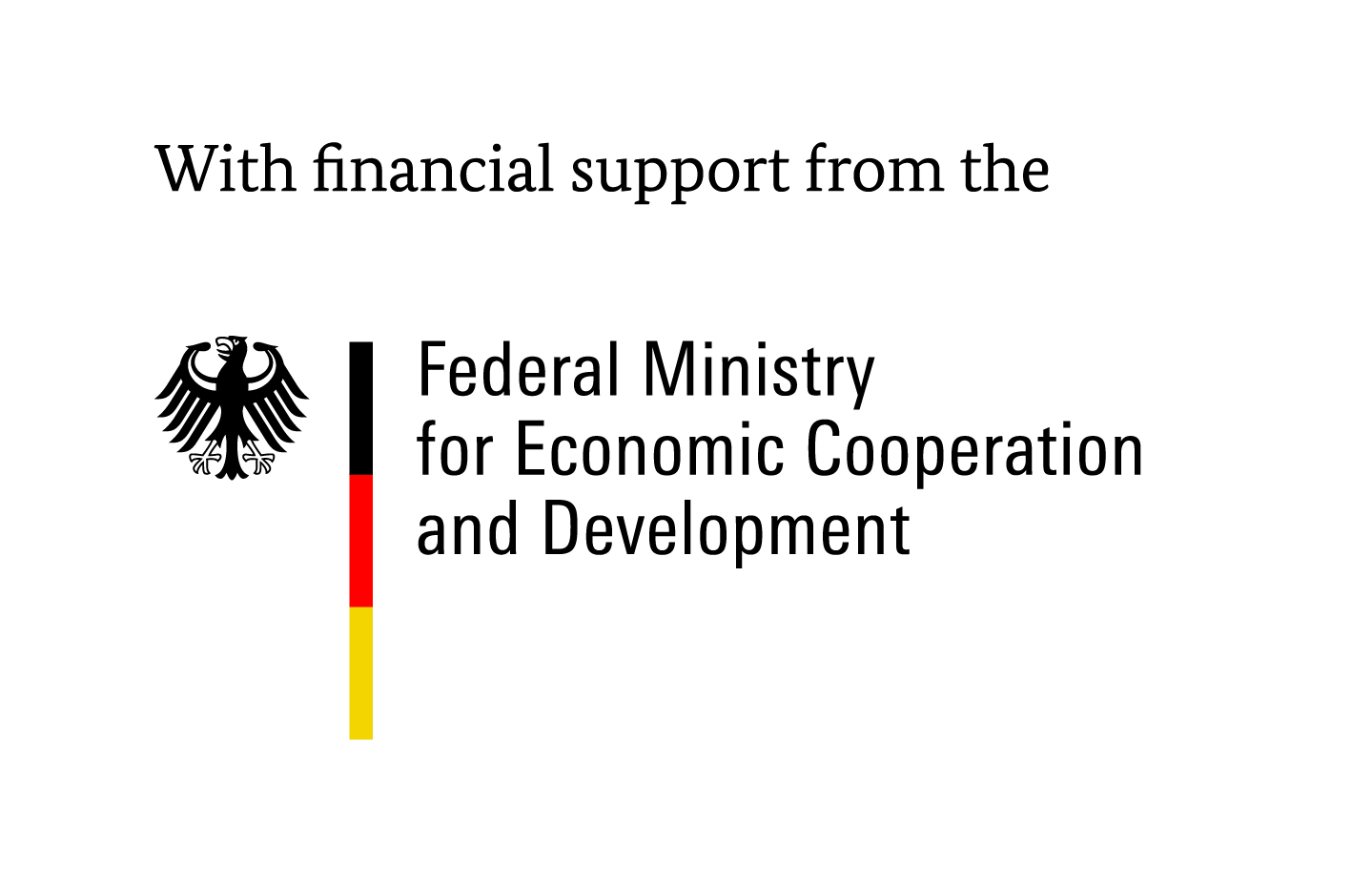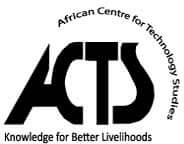Unfortunately your device doesn’t support the NDC Explorer.
For the full experience please use a modern
desktop or tablet device.
- Not party to the UNFCCC
-
Climate change Mitigation
-
-
-
--
--
--
--
--
--
--
--
--
--
--
--
--
--
--
--
--
--
--
--
-
--
--
--
--
--
--
--
--
--
--
--
--
--
--
--
--
--
--
--
--
-
--
--
--
--
--
--
--
--
--
--
--
--
--
--
--
--
--
--
--
--
-
-
Climate change adaptation
-
-
-
Finance & Support
-
-
-
--
--
--
--
--
--
--
--
--
--
--
--
--
-
--
--
--
--
--
--
--
--
--
--
--
--
--
-
--
--
--
--
--
--
--
--
--
--
--
--
--
-
-
Planning Process
-
-
-
--
--
--
--
--
--
--
--
-
--
--
--
--
--
--
--
--
-
--
--
--
--
--
--
--
--
-
-
Broader picture
-
-
-
--
--
--
--
--
--
--
--
--
--
--
-
--
--
--
--
--
--
--
--
--
--
--
-
--
--
--
--
--
--
--
--
--
--
--
-
Copyright © 2017-2026 Deutsches Institut fur Entwicklungspolitik (DIE), Bonn. Last revised February 14, 2022.
About NDC Explorer
The NDC Explorer is no longer updated!
The data of the NDC Explorer has been updated last time in February 2022. In this update, data from NDCs
communicated until August 2021 entered into the data set. You find this data set published under
https://doi.org/10.23661/ndc_explorer_2022_4.0
At the moment, no future data updates are planned. The NDC Explorer was one of the first digital assets
to analyse and compare the content of (I)NDCs in a qualitative manner. We were glad and thankful to see
many researchers, policy makers, NGOs and other actors using the NDC Explorer and its data, coming up
with new ideas, and improving the knowledge on NDCs and (inter)national climate plans with new projects
in recent years. Our special thanks go to our partner organisations and all researchers, student
assistants, web developers, communication and adminstrative staff that supported the work on the NDC
Explorer and its data base.
What is the NDC Explorer?
The NDC Explorer is an online tool to analyse and compare countries' (Intended) Nationally Determined
Contributions (INDCs/NDCs). It is based solely on information in these documents. Get more information
on the project and its relevant publications
or watch the
introduction video!
What are the (Intended) Nationally Determined Contributions (NDCs)?
In 2013, the parties to the United Nations Framework Convention on Climate Change (UNFCCC) decided that
every member state would submit an 'Intended Nationally Determined Contribution' (INDC). Countries based
their INDCs on their specific national priorities, circumstances, and capabilities. The INDCs proved to
be a cornerstone to reach the Paris Agreement. Every party that ratifies the Paris Agreement is invited
to turn its INDC into a Nationally Determined Contribution (NDC) and to provide a new or updated NDC
with increased ambitions every five years (see decision
1/CP.21, §22).
First and foremost, (I)NDCs intend to increase the ambition to reduce global greenhouse gas emissions,
by outlining countries ‘contributions’. However, most countries also use the opportunity to write about
other priorities and ambitions, such as adaptation and finance needs. Countries also used their (I)NDC
to highlight other important issues, such as fossil fuel subsidy reform or linkages to Sustainable
Development Goals (SDGs).
Aim of the NDC Explorer
The NDC Explorer has two aims. First, it provides a neutral, sophisticated and user-friendly lens to
analyse and compare both qualitative and quantitative (I)NDC content that can be used for policymaking,
research and advocacy.
Second, the NDC Explorer stimulates the debate on content, scope as well as formulation and
implementation processes of the national climate action plans. In doing so, it supports policy makers in
formulating improved and more ambitious NDCs in 2020 and thereafter (see
1/CP.21, §23).
Subcategories, legends and analysis
According to
Mbeva and Pauw, 2016,
the UNFCCC guidance for INDC formulation (see decision
1/CP.20, § 10-17)
was very limited and unclear. (I)NDCs thus vary greatly in terms of structure, content, scope, level of
detail, and metrics used. As a result, it is sometimes difficult to fit all (I)NDCs under
one subcategory with exclusive legend items (countries can only fall under one legend item). Wherever
possible, we added legend items for (I)NDCs who provided more details.
For example, we demarcate mitigation as 'focus areas' when (I)NDCs 1) explicitly highlights and/or
prioritises this sector; 2) and/or underlines the sector’s mitigation potential among other sectors;
3) and/or prioritises investments in this sector. Furthermore, we therefore added country-specific
information in many subcategories.
The tool also allows for comparison across subcategories. For
example, there are seven subcategories on mitigation
sectors which have exactly the same legend; and under adaptation we illustrate the most frequently
mentioned climate risks, vulnerabilities, and priority sectors across INDCs.
Thorough and strict analysis
The team aimed to be as factual as possible and to avoid interpretations of (I)NDCs. This meant we
sometimes had to exclude countries from certain legend items if they did not refer to certain concepts
explicitly (such as REDD+ or SDGs and their expansions), but only described related issues or plans
instead. The same accounts for sectors (e.g. derivatives of ‘agriculture’ or ‘transport’). In other
cases, we identified information in particular sections, such as ‘planning process’ or ‘fairness and
ambition’. We focused on the (I)NDC contributions until 2030.
The NDC Explorer is solely based on information communicated by Parties to the UNFCCC in their (I)NDCs.
The dataset was jointly established by the German Development Institute / Deutsches Institut für
Entwicklungspolitik (DIE), the African Centre for Technology Studies (ACTS), Stockholm Environment
Institute (SEI) and the Frankfurt School - UNEP Collaborating Centre for Climate & Sustainable Energy
Finance (since 2018) in cooperation with the UNFCCC secretariat.
Country groups
The regional and income-level country groups are based on the
World Bank Country Groups.
Additional groups are available in the raw data only.
Suggestions for improvement
The project team did a careful data analysis, but cannot guarantee that there are no mistakes made. In
case you come across any inconsistencies, please contact
us.
Developed by
The initial development of the NDC Explorer was led by Pieter Pauw (DIE, later Frankfurt School) and
supported by Davide Cassanmagnano (independent
consultant), Kennedy Mbeva (ACTS), Jonas Hein, Alejandro Guarin, Clara Brandi (all DIE), Adis Dzebo,
Kevin Adams, Aaron Atteridge, Nella Canales (all SEI), Thomas Bock, Joana Helms, Alina Zalewski, Ezra
Frommé, Anika Lindener and Dilsham Muhammad (all DIE) as well as colleagues from the UNFCCC secretariat.
Sönke Kreft, Magdalena Mirwald and Eike Behre of the Munich Climate Insurance Initiative (MCII)
contributed the subcategory
"Climate risk insurance" in October 2017.
Guy Cunliffe and Harald Winkler of the Energy Research Centre (ERC) of the University of Cape Town
contributed the subcategory "Global temperature target" in October 2018. Find a publication on the
original data here.
In September 2019, the subcategory "Fossil fuel production" has been added. This project was led by Cleo
Verkuijl, Natalie Jones, and Michael Lazarus (Stockholm Environment Institute), and supported by the
Swedish
International Development Cooperation Agency, Sida. Data on countries' fossil fuel production was
obtained
from the International Energy Agency
World Energy Balances (Edition 2018), which considers country data for 2016. A 2019
Stockholm
Environment Institute
working paper conducts a similar analysis for the NDCs of the 57 of the world's biggest
fossil
fuel producers.
Starting in November 2021, the NDC Explorer will be successively updated with the Parties’ new and
updated NDCs. The update is led by Tanja Beck with support from Clara Brandi, Luisa Hieckel (student
assistant) and Mariya Aleksandrova (data reviewer) (all DIE), as well as Pieter Pauw, María José
Valverde, Khayala Sadikhova, Tim Stutzmann and Michael König(all Frankfurt School - UNEP Collaborating
Centre for Climate & Sustainable Energy Finance).
The NDC Explorer is a contribution to the NDC Partnership Knowledge Portal and is financed by the
German Federal Ministry for Economic Cooperation and Development
(BMZ) with additional financial contributions by the Swedish International Development Cooperation
Agency
(SIDA) and the Swedish Research Council Formas.
Details on the 2021 and 2022 updates
As of November 2021, new and updated NDCs submitted up to early January 2022 are included in the NDC
Explorer. If the Parties did not submit an English version of their NDCs, a translation was used from Climate Watch. Only in two
instances (Republic of Guinea, Republic of the Congo) the NDCs have been translated by the project team
using Deepl.
The following subcategories have been updated: “Global division by income”, “Type of targets”, “Limiting
global temperature increase”, “Costs of mitigation/investment needs”, “Reducing non-CO2 gases”,
“International market mechanisms”, “Human mobility” (prior migration and displacement), “Costs of recent
climate-related hazards (currency US$)”, “Costs of future climate-related hazards (currency US$)”,
“Climate risks: extreme weather”, “Climate risks: floods”, “Climate risks: droughts”, “Slow onset
process: temperature increase” (prior climate risk), “Slow onset process: sea level rise” (prior climate
risk), “Costs of adaptation/investment needs”, “Conditionality of adaptation finance”, “Conditionality
of mitigation finance”, “Conditionality of technology transfer”, “Conditionality of capacity building”,
“Means of Implementation and fairness/equity”, “Climate risk insurance” and “Fossil fuel subsidy
reform”.
Regarding the “international market mechanisms” updates, the subcategory’s classifications/legend were
modified such that data previously logged under (I)NDCs may be subject to changes.
Moreover, the scope of analysis has been expanded. Thus, the following subcategories have been added:
“Article 2.1”, “Government tools on finance: Financial policies and regulations”, “Government tools on
finance: Fiscal policy levers”, “Government tools on finance: Public finance”, “Government tools on
finance: Information instruments”, “Private sector investments”, “Other slow onset processes” and “Base
year”.
In case a subcategory is classified with “no data”, the category is not updated yet.
UK has been added as a new country to all data sets. In INDC and First NDC data sets, UK shows the
values of Europen Union.
In February 2022, new data (version 4.0) have been added. All corrections and additions have been listed
in a changelog.txt provided under Download Data.
Please note that in versioning to 4.0 i.a. all (I)NDCs have been re-coded in the category "climate risk
insurance" (cat60) contributed by MCII. In doing so, classification 4 was changed from "Global/regional
insurance facility" to "Both new and existing insurance mechanisms" for all (new and old) data.
Download Data
The German Development Institute / Deutsches Institut für Entwicklungspolitik (DIE) holds the copyright
to the NDC Explorer and the database that it is based on. Both are licenced under Creative Commons CC BY 4.0. You are free to
download and use the data following the conditions of this licence. Go to the downloads.
Download data
You are warmly invited to download and use the data of the NDC Explorer under the following conditions.
The data is licenced under CC BY 4.0.
If you share, copy and redistribute the material you must give appropriate credit (name creator,
copyright notice, licence notice and a link to the material). If you remix, transform or build upon the
material you must indicate the changes you have made.
Please consider that the underlying data is updated on a regular basis until February 2022, e.g. with
new NDCs releases. Therefore, please state the date of your download when referring to the data. We
recommend to cite the data itself (see below) instead of the online data visualisation.
The last update of the data was:
February 14, 2022
Pauw, Pieter / Beck, Tanja / Valverde, María José et al. (2022): NDC Explorer. [Data set]. German
Development Institute / Deutsches Institut für Entwicklungspolitik (DIE), African Centre for Technology
Studies (ACTS), Stockholm Environment Institute (SEI), Frankfurt School-UNEP Collaborating Centre for
Climate & Sustainable Energy Finance. DOI: 10.23661/ndc_explorer_2022_4.0
Previous data publications:
Pauw, Pieter / Beck, Tanja / Valverde, María José et al. (2021): NDC Explorer. [Data set]. German
Development Institute / Deutsches Institut für Entwicklungspolitik (DIE), African Centre for Technology
Studies (ACTS), Stockholm Environment Institute (SEI), Frankfurt School-UNEP Collaborating Centre for
Climate & Sustainable Energy Finance. DOI: 10.23661/ndc_explorer_2021_3.0
Pauw, Pieter et al (2020): NDC Explorer. [Data set]. German Development Institute / Deutsches Institut
für Entwicklungspolitik (DIE), African Centre for Technology Studies (ACTS), Stockholm Environment
Institute (SEI), Frankfurt School-UNEP Collaborating Centre for Climate & Sustainable Energy Finance. DOI: 10.23661/ndc_explorer_2017_2.0
© German Development Institute / Deutsches Institut für Entwicklungspolitik (DIE)
Contact: klimalog@idos-research.de


Welcome to the
NDC Explorer
start
In process
NDC Explorer no longer updated!
The data presented here was last updated in February 2022 with data from NDCs submitted up to August 2021. No further updates are planned at the moment.
Read the whole story »-
0%
-
25%
-
50%
-
75%
100%
-
0%
-
25%
-
50%
-
75%
100%
Copyright © 2026 Deutsches Institut fur Entwicklungspolitik (DIE), Bonn. Last revised February 14, 2022.
lorem iuosum klorem
20
%












